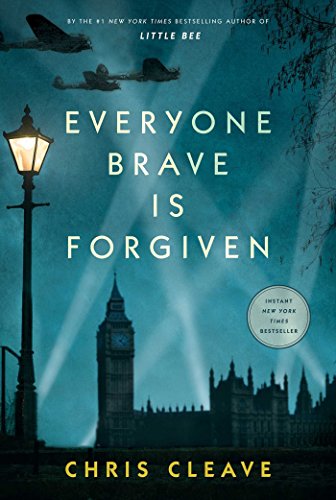A few years ago, I had some thoughts I wanted to test and refine about the fiction I’m writing. So I wrote them out. I didn’t share them beyond my critique group. Lately I returned to that writing and updated it into this essay. It’s partly an artist’s manifesto – that term seems too grand – and partly a look behind the curtain or under the hood. It is the back story of stories I have written, am writing, and live.
I’m posting it here in three parts. This is the first.
Am I?
Whatever you write, from fiction to commercial website copy – insert your content marketing joke here – someone has probably told you, “Write what you believe.” If not, allow me to be the first.
Write what you believe.
I don’t mean that we writers should focus all our time and energy on nonfiction which expounds and promotes our personal belief systems in political, religious, or philosophical terms. There’s a place for that. I do some of it. But today we’re talking about fiction.
I certainly don’t mean that our fiction should be tendentious and moralizing. Fiction is a well-traveled road to truth, but it loses traction when it slips from inviting us to think into telling us what to think, when the author keeps intruding to preach to us.



